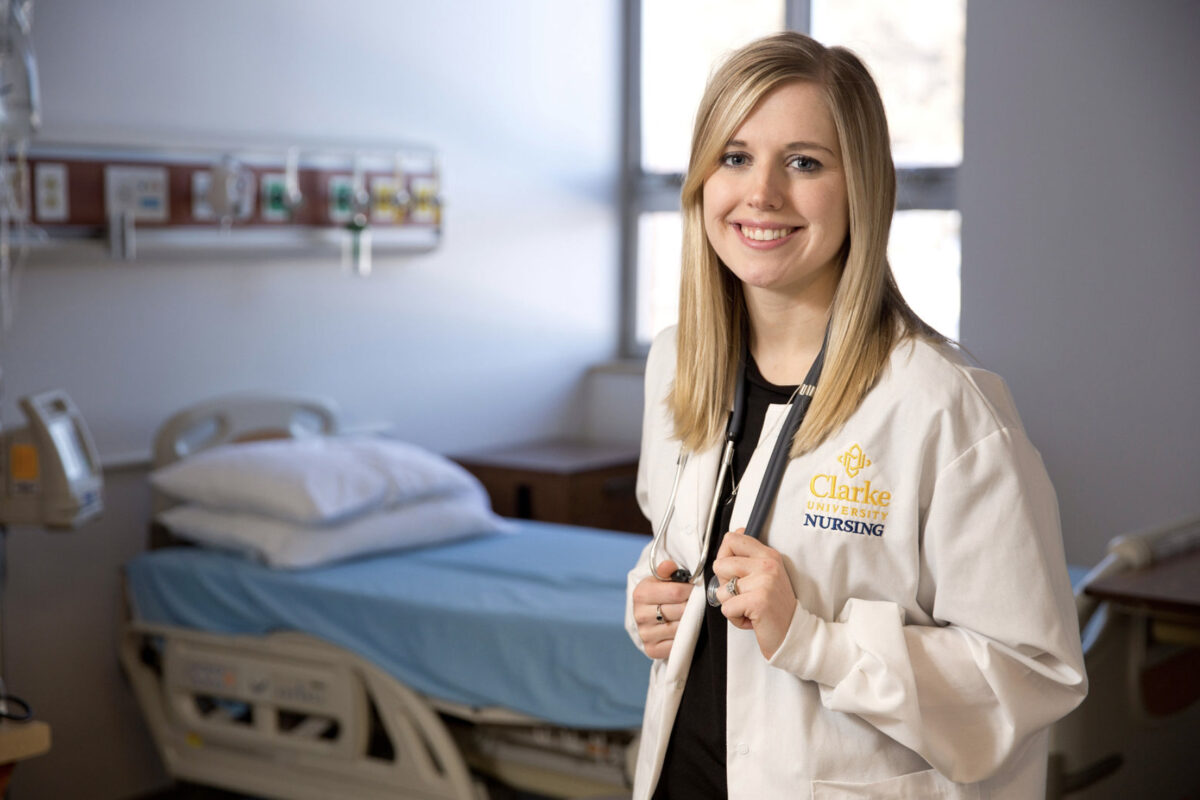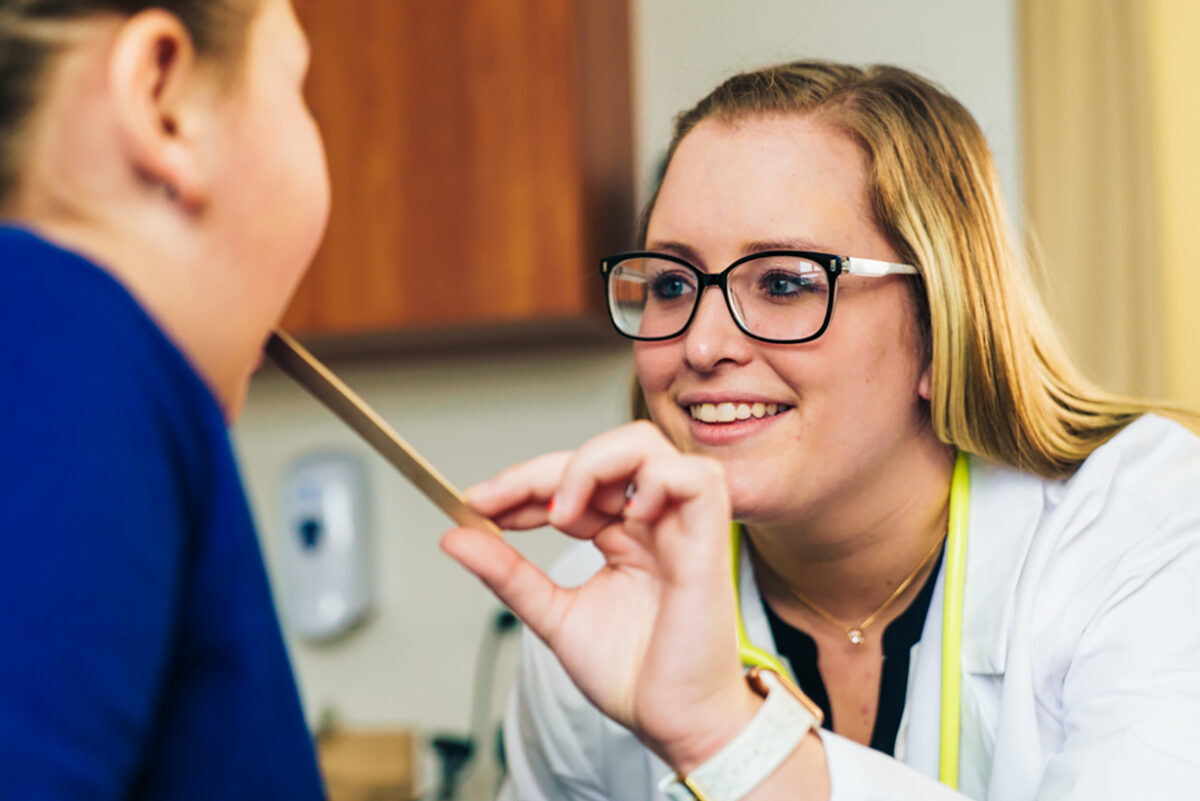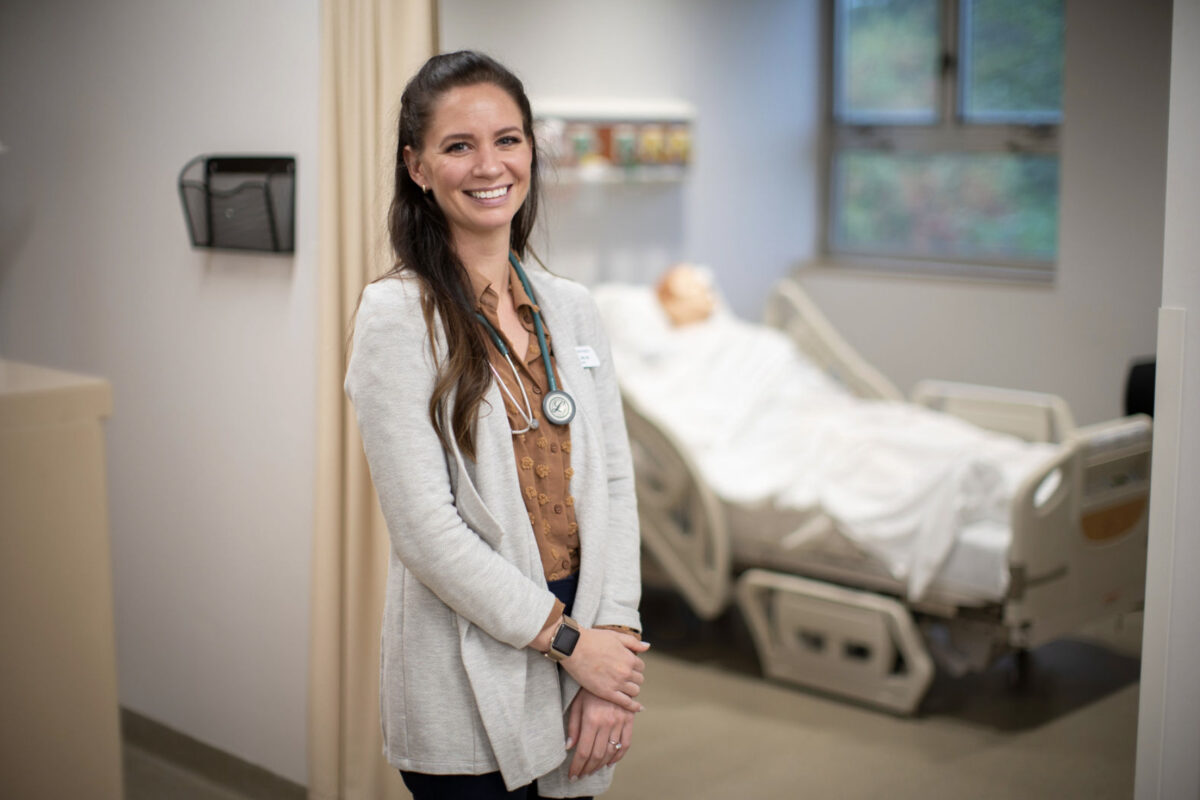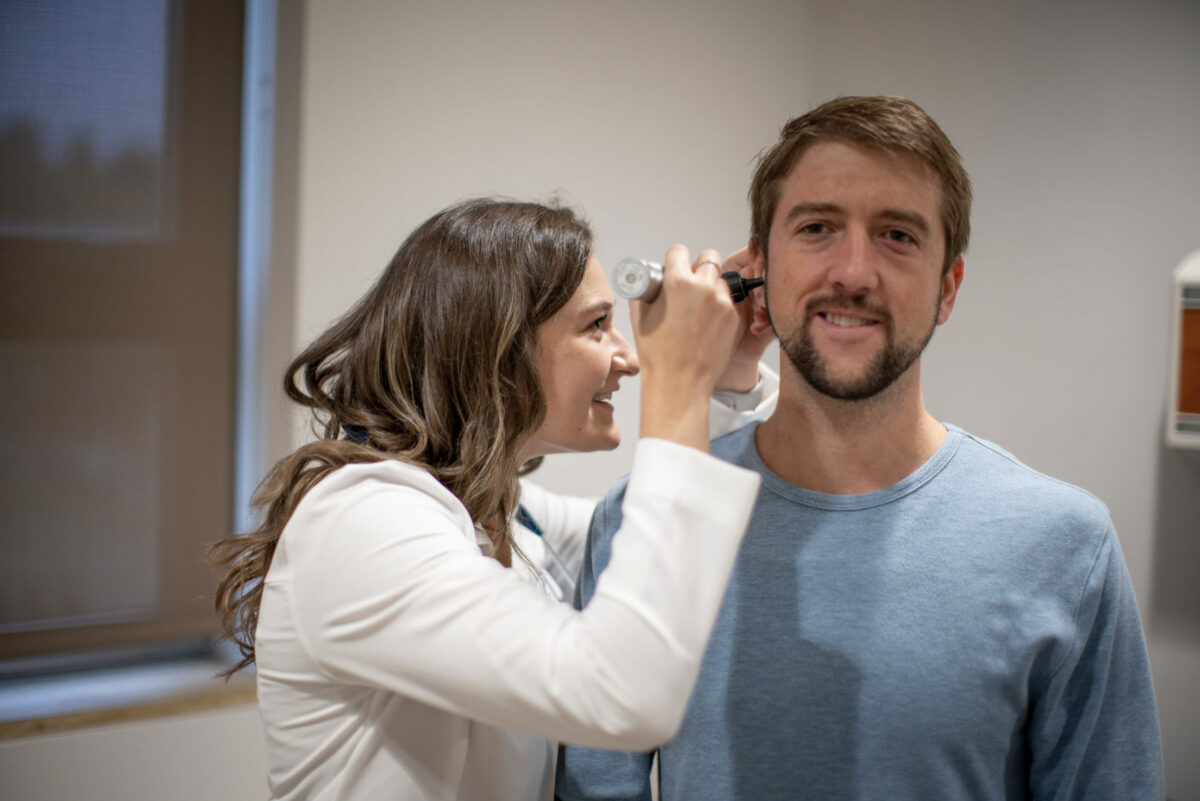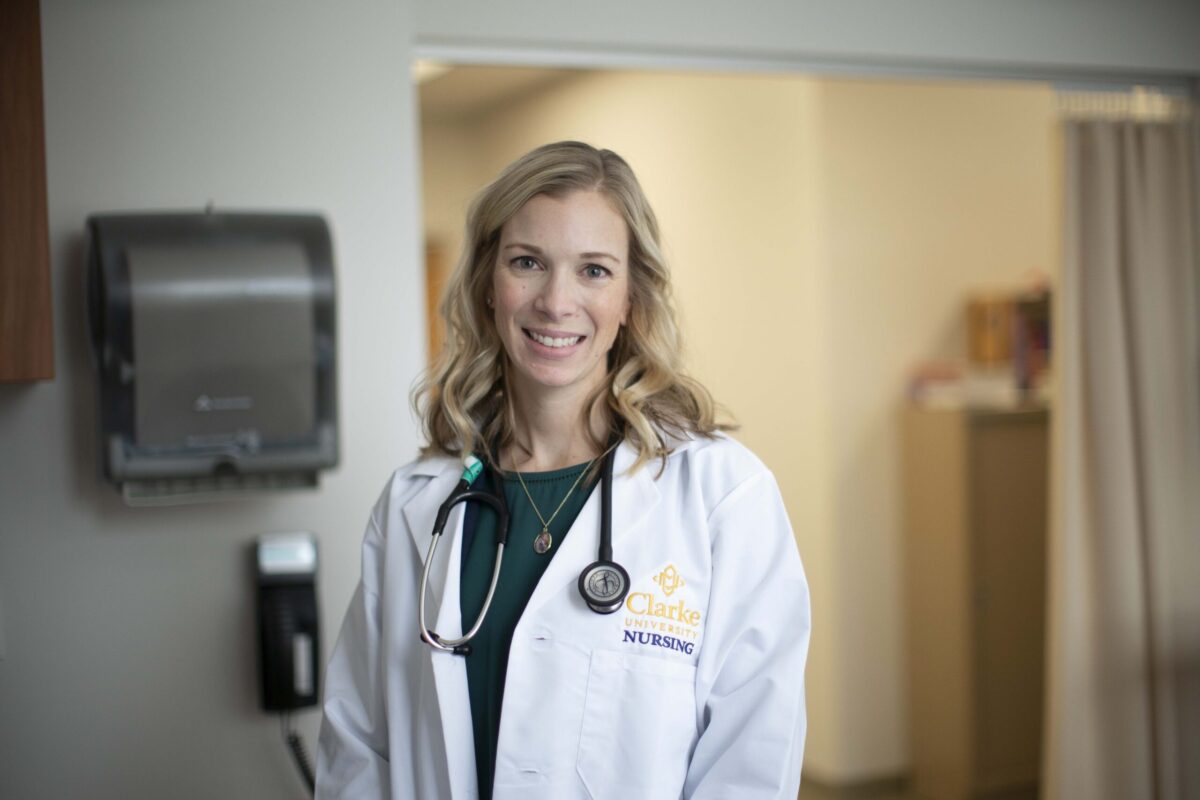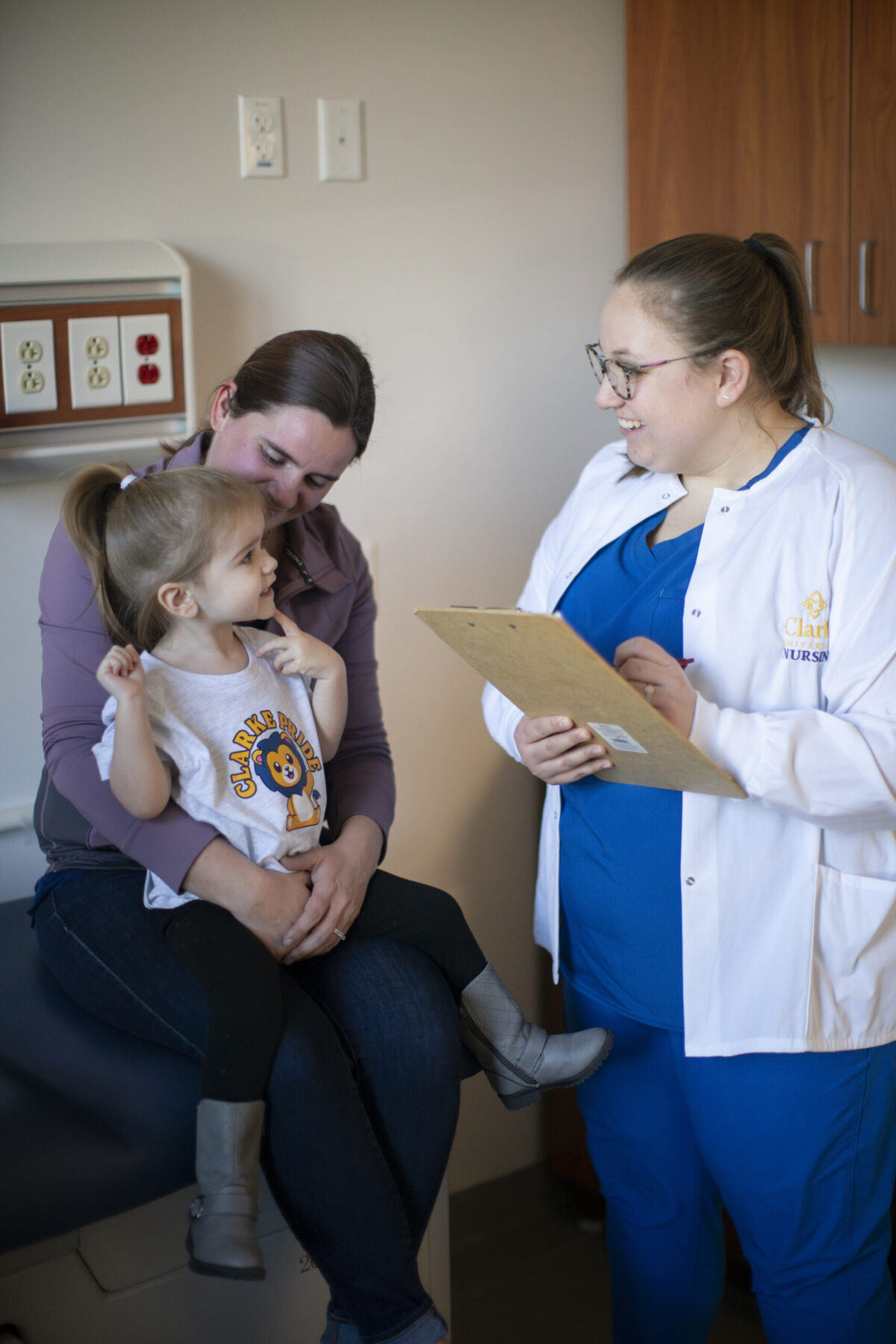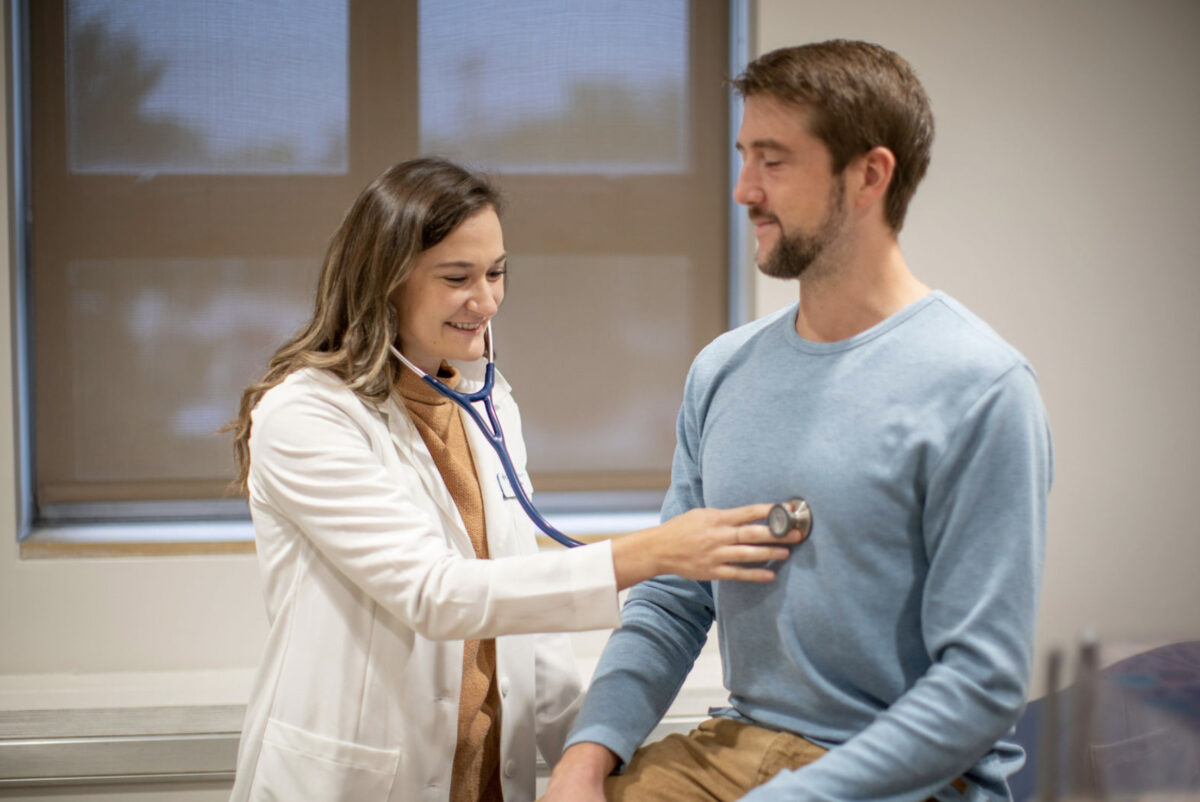Lisa Rettenmeier, Ed.D.
I believe that it is imperative that we utilize strong leadership characteristics as nurses, to care for individuals who cannot care for themselves. Nursing is about caring for the whole person, the body, mind, and spirit.
Advance your nursing practice with Clarke University! With our personalized approach to learning, you will enhance your skills and ability to care for the whole person. This is your opportunity to better your life and improve patient outcomes.
With cohorts limited to 20 students each, you will get the one-on-one support and attention Clarke is known for. Our faculty bring years of professional experience to the program, offering unique insights and evidence-based practice for quality improvement.
Benefit from the support and mentorship of advanced students. Each first year student is paired with a third year student for advice and guidance. In turn, our third year students gain valuable experience in leading and coaching others.
Throughout your coursework, you will complete over 1,000 hours of clinicals in your area of concentration. Choose from placements near Dubuque, Iowa or across the country to broaden your learning and perspective.
DNP students average a 100% pass rate on national certification boards. Licensed Doctor of Nursing Practice graduates enjoy a 100% job placement rate at clinics and health centers nationwide. Graduates have found success as clinical nurse specialists, leaders in family medicine, researchers, mental health nurse practitioners, and more.
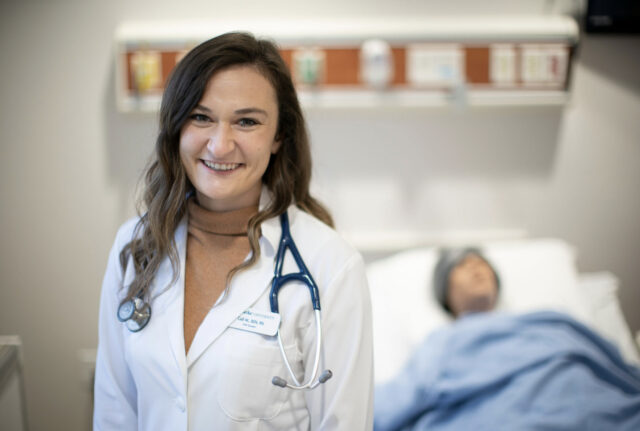
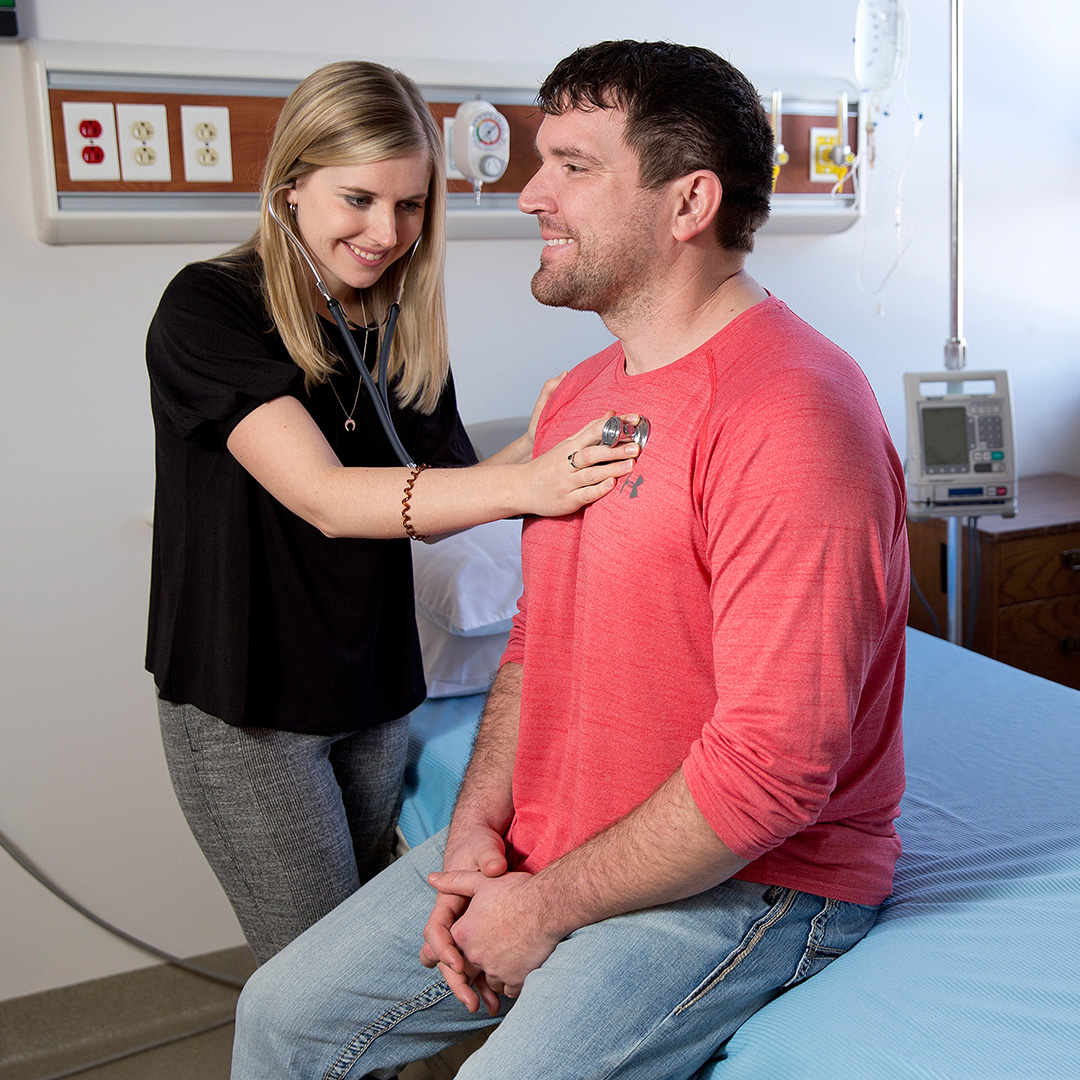
Our Family Nurse Practitioner (FNP) concentration builds the foundation of your DNP experience while allows the flexibility to tailor your learning to your interests.
This includes the ability to choose areas of research that are meaningful to you. Take it from Alex, who focused his research on addressing physical and brain health for farmers in rural areas.
“Having a provider who understands the unique culture and stressors that come with farming could make a difference. Now that I have my DNP degree, I can work with my hospital to create more effective outreach.”
A Doctor of Nursing Practice degree qualifies you for work as an advanced practice registered nurse. Nurse practitioners are capable of providing a wide range of healthcare services, including leadership and administrative roles. You can choose from a broad scope of practice, such as health promotion, disease prevention, and patient education, as well as diagnosis and treatment. Doctor of Nursing Practice jobs are also in high demand, with the Bureau of Labor Statistics estimating the field to grow by 40 percent by 2033, with a focus in urban/rural areas like Dubuque. The average DNP salary is also expected to grow, with the current national average at over $85,000.
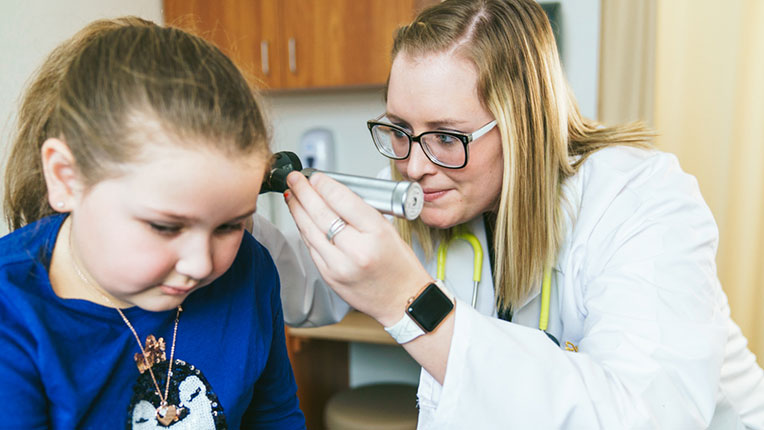
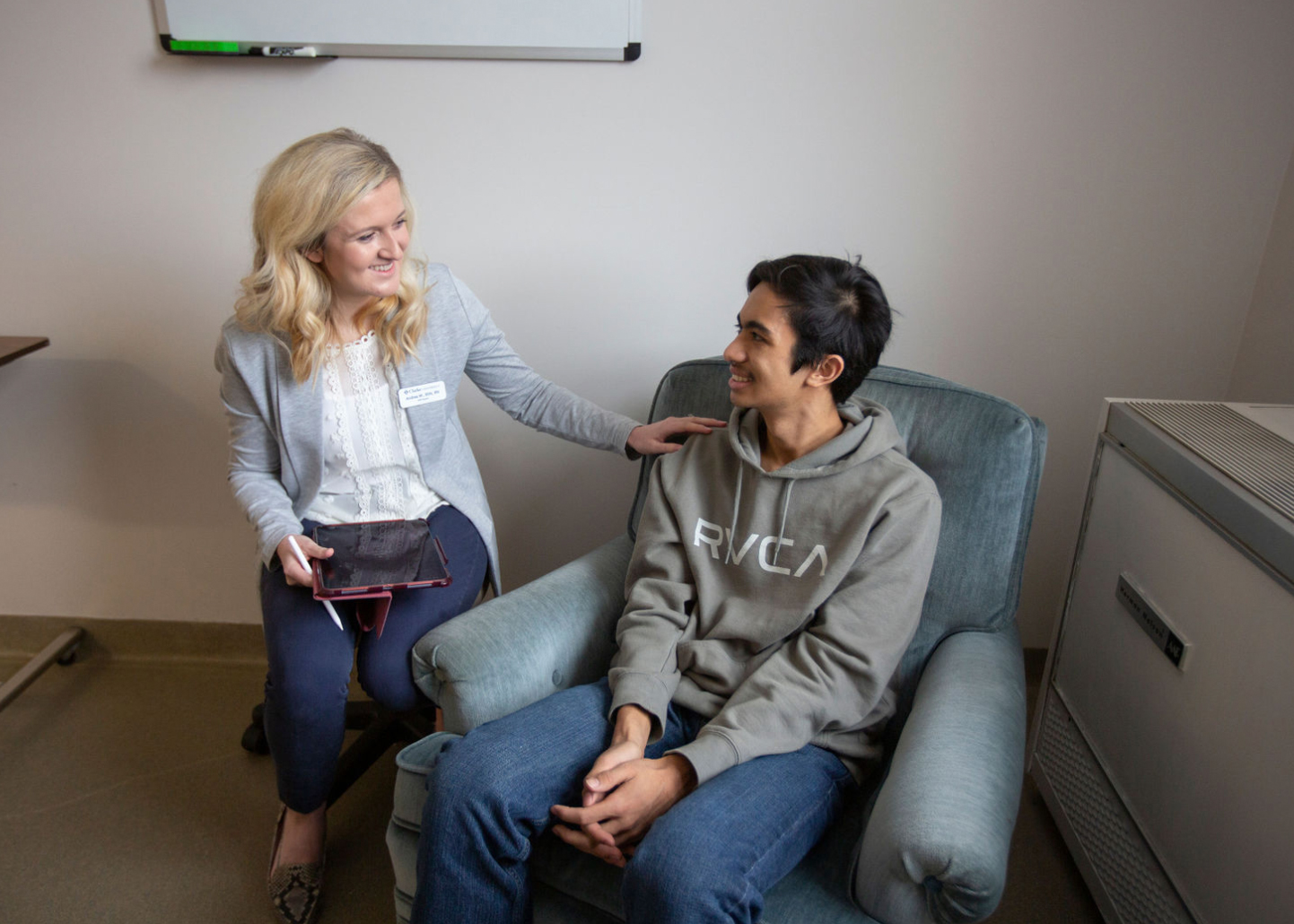
Combined with our hands-on learning activities and clinicals in your areas of interest, our program creates a clear path to success. Take that journey one step further with certificates like our Nursing Education Certificate.
Expert faculty will help you draw connections between social issues and their impact on the health of your patients and the greater community.
Have your MSN degree and want to earn your DNP?
Clarke offers a MSN-DNP Bridge Program In this program, students will complete 39-48 credits depending on whether they completed Physical Assessment, Pathophysiology, and Pharmacology in their MSN program. The program focuses on advocacy, policy, economics and evidence-based practice.
Classes are hybrid, meeting face-to-face the first and third Thursdays of each month. Cohorts are limited to 20 students. Students will complete 1,000 clinical hours specific to their concentration. You’ll learn to:
Applicants are considered on an individual basis. Preference given to students with a cumulative and core GPA of 3.0 or higher on a 4.0 scale.
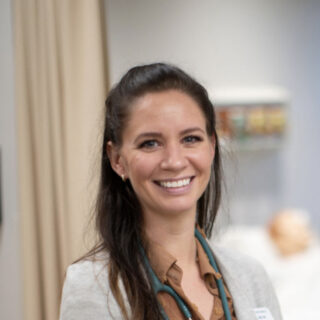
What I like most about the Clarke DNP program is the smaller cohort so the professors can provide support to each individual student, setting them up for success. The hybrid program also provides a unique opportunity for students and educators to meet face-to-face about twice a month, unlike some programs that are all online.
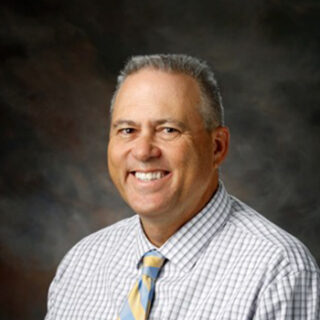
The DNP program at Clarke impacted me in a much more profound way that I had anticipated. It was much more than knowledge that I gained. Clarke shaped my world view and empowered me in my role as a dean to work for betterment of others and advocate effectively for social justice.
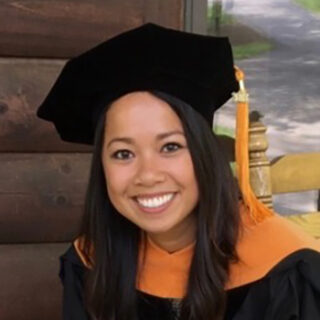
The Clarke DNP program taught me the importance of being an advocate for my patients. I am now able to make an impact towards improving the health of the community that I serve.
DNP pass rate on national certification exam.
Earn a doctoral degree in as little as three years.
Clarke assists with clinical locations. All students are precepted one to one.
The Doctor of Nursing Practice program at Clarke University is approved by the Iowa Board of Nursing.
The baccalaureate degree program in nursing/Doctor of Nursing Practice program/ and post-graduate APRN certificate program at Clarke University is accredited by the Commission on Collegiate Nursing Education, 655 K Street NW, Suite 750, Washington, DC 20001, 202-887-6791.

